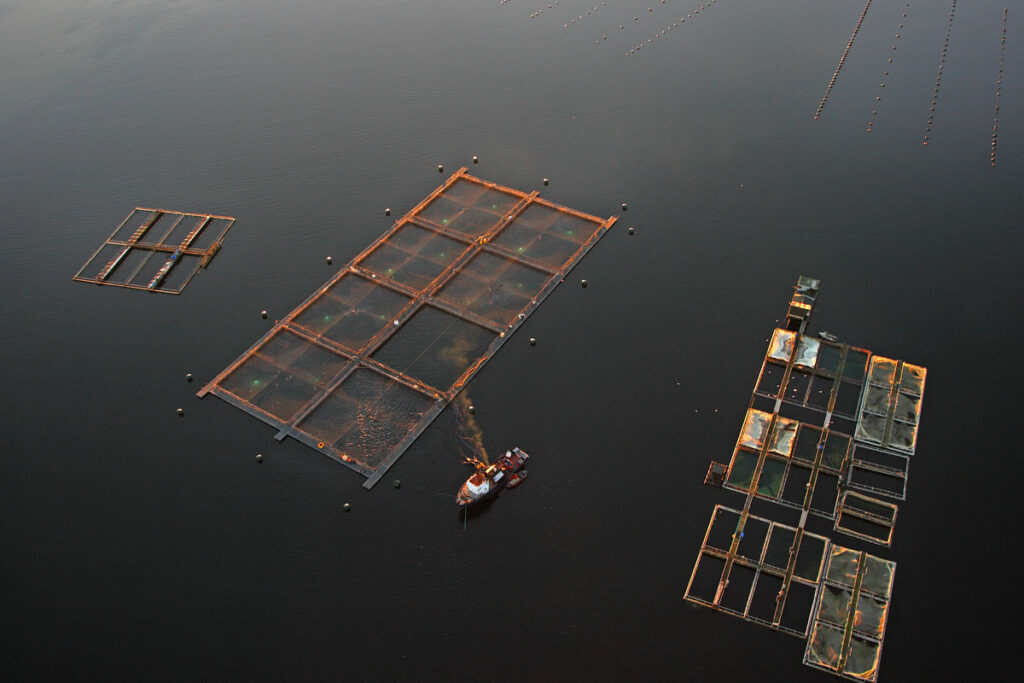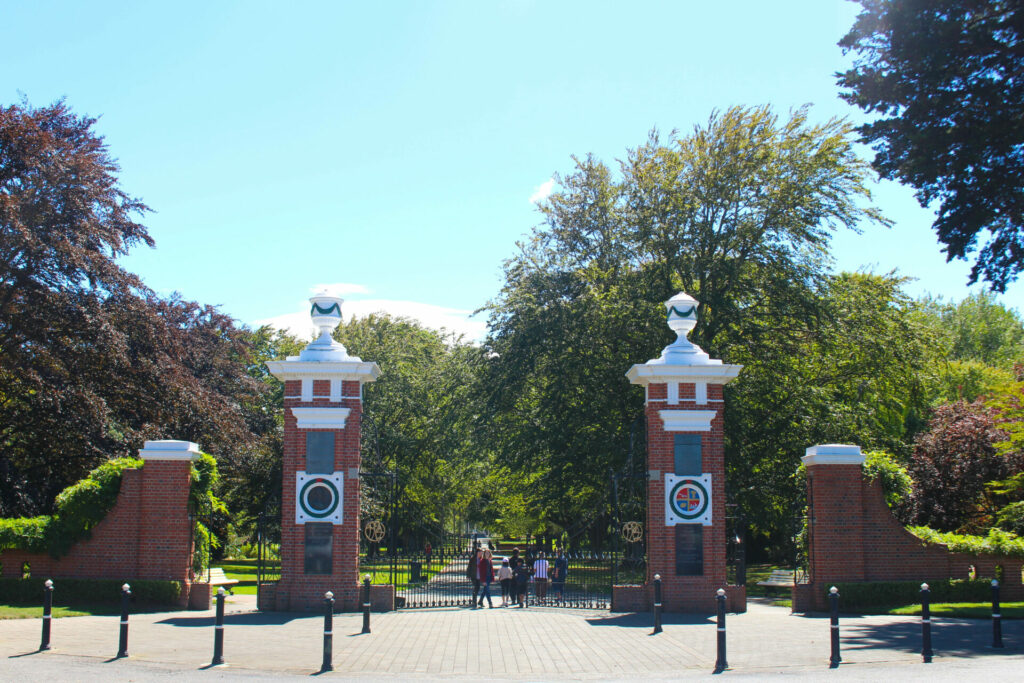Work Plan
Southlanders engaged in the process made it clear that they want an action-oriented just transition plan. While just transitions often focus on long-term economic shifts, Southland is facing a shorter, sharper shock; the region needs to create new opportunities quickly.
This plan sets the direction of travel but does not contain all the answers. The project team has spent the best part of this year identifying where the efforts of the just transition process should focus. As a result, this plan identifies three key themes:
- New industries and employment
- Transitioning business and skills
- Long-term planning and capability
The first of these themes, new industries and employment, describes how the just transition will contribute to diversifying Southland’s economy, supporting new industries and creating meaningful jobs. The second theme, transitioning business and skills, identifies how the process will work with workers and the business community to support them through the transition. The final theme, long-term planning and capability, is about helping the region take charge of its own future through long-term planning and community resilience.
Work streams
Work streams have been developed to sit under each theme. These work streams are based on what Southlanders told us will make a meaningful difference to delivering on the project’s goal of:
“Helping Southland build its economic, environmental and social resilience through and beyond the planned closure of the New Zealand Aluminium Smelter in December 2024.”
The transition presents an opportunity for Southland to become a national hub for new and emerging industries, while also creating a stronger, more resilient community. By seizing these opportunities, the region can build leading industries and be a destination of choice for business and talent alike.
New industries and employment
- Clean energy: Southlanders have expressed a strong desire for new industries built on the region’s renewable energy advantage.
- Land use: Southland’s existing strengths in the primary industries, and new opportunities in the sector, can support workers and firms affected by the planned closure.
- Aquaculture: Existing regional strategies and community engagements highlighted substantial local opportunities in open ocean aquaculture.
Transitioning business and skills
- Business transitions: Many local businesses provide goods and services to NZAS. These firms may need support to transition to new sectors or buyers.
- Worker transitions: The just transition process needs to focus on education and training for emerging industries, and tools to transition affected workers into new roles.
Long-term planning and capability
- Long-term planning: Southland’s existing long-term plan, Southland Regional Development Strategy (SoRDS), is well regarded by many in the community. The smelter closure, COVID-19, and changing markets and regulations mean the strategy needs to be refreshed to continue to guide Southland’s development.
- Community capability building: Building the community’s skills to enable more equal participation in long-term efforts to develop an inclusive community, and sustainable and prosperous regional economy.
New industries and employment
The planned closure timeline of NZAS gives the community a narrow window for new industries to develop and provide new jobs. The just transition must be deliberate and targeted in the choices made and the opportunities pursued.
The clean energy, land use and aquaculture sectors have been identified by the region as the most viable and important opportunities to accelerate employment and economic development in the lead up to December 2024.
Clean Energy
Southlanders have expressed a strong desire for new industries that capitalise on the renewable energy generation in the region.
Land Use
One of Southland’s greatest strengths is its land. The primary sector makes up a significant share of Southland’s economic activity and employment.
Aquaculture
Existing regional strategies and our engagements highlighted substantial local opportunities in open ocean aquaculture.
Transitioning business and skills
In light of ongoing uncertainty around the future of NZAS, as well as ongoing economic and environmental changes, Southland’s businesses face both challenges and opportunities. Workers and businesses will require a range of support to mitigate risks and take advantage of opportunities. Supporting these groups to transition will be crucial to delivering on the just transition’s goal of building Southland’s economic, social, and environmental resilience.
Business transitions
Many local businesses provide goods and services to NZAS. These firms may need support to transition to new sectors or buyers.
Worker transitions
The just transition process needs to focus on education and training for emerging industries, and tools to transition affected workers into new roles.
Long-term planning and capability
Change will keep coming after the intensive phase of the just transition process is complete, and the community cannot prepare for every shock ahead of time. Good planning will build resilience up to and through the planned closure of NZAS. A key indicator of the success of the just transition is whether the Southland community can work together to build this resilience. The long-term planning and capability workstreams aim to give Southlanders the tools to do this well.
Long-term planning
Southland’s existing long-term plan, Southland Regional Development Strategy ( SoRDS), is well regarded by many in the community. The smelter closure, COVID-19 and changing markets, as well as expectations and regulations mean the strategy needs to be refreshed to continue to guide Southland’s development. Southlanders have told us long-term planning should happen in tandem with short-term transition planning.
Community capability building
Building the community’s skills in futures thinking and transition management will support the long-term success of efforts to develop an inclusive, sustainable and prosperous regional economy.
Not included in this plan
The just transition process cannot address every challenge facing a region. There are many existing local government, business, iwi, community sector and central government plans and strategies that may interact with the just transition. Where these plans and their implementation cross over, we’ll work collaboratively to support those outcomes. Where our work does not overlap, we will stay out of the way.


The Southland just transition draft work plan
Southland’s just transition work plan is the successor document to the draft workplan the interim Project Oversight Group consulted on in late 2021. This document was the first report back on progress delivering the Government’s commitment to a just transition for Southland.
The draft work plan has been superseded by the Southland just transition work plan. The Southland just transition draft work plan can be found here.